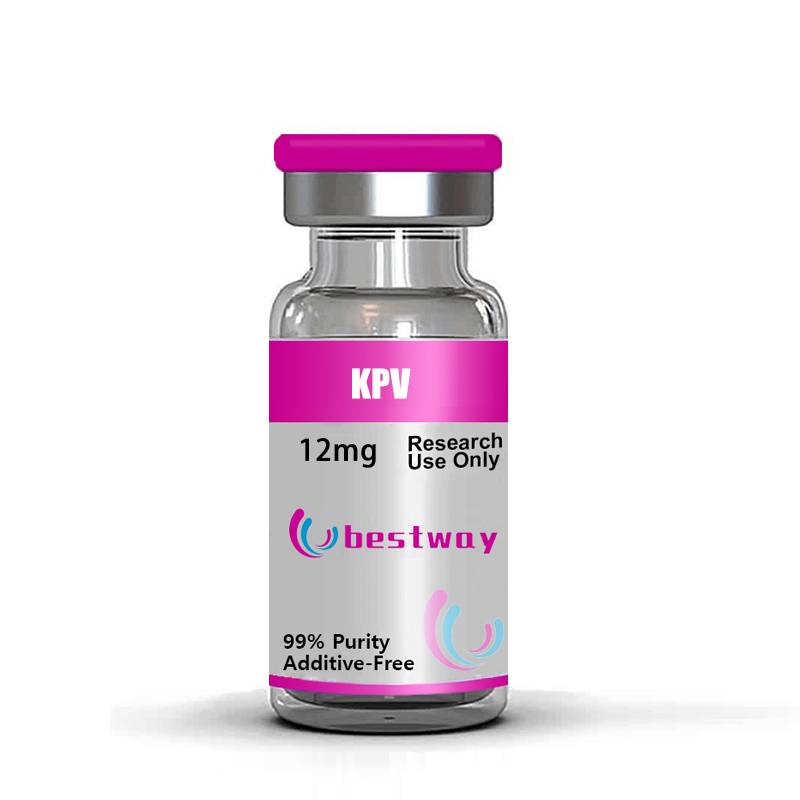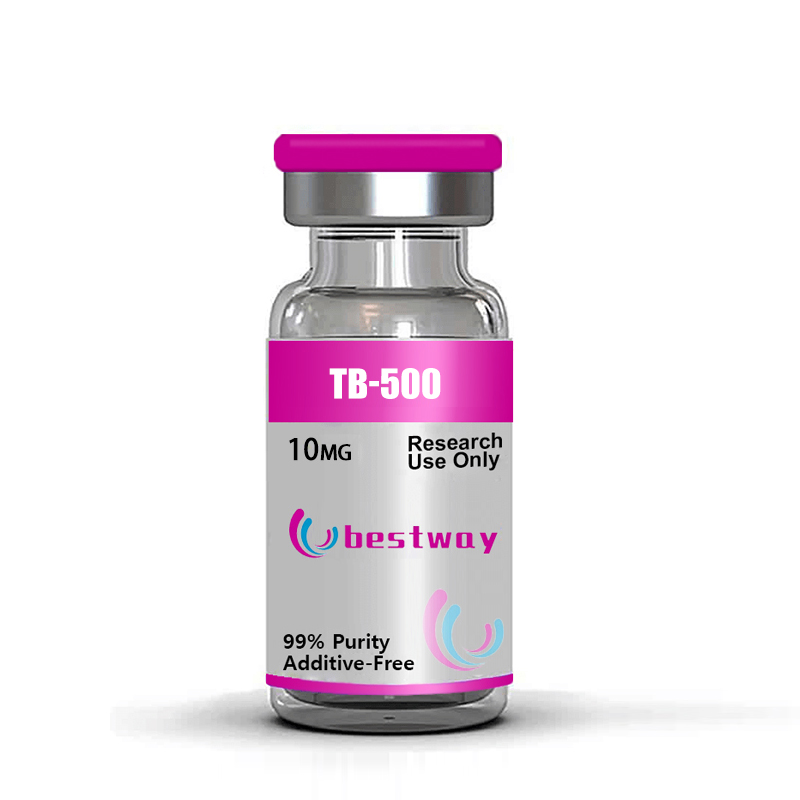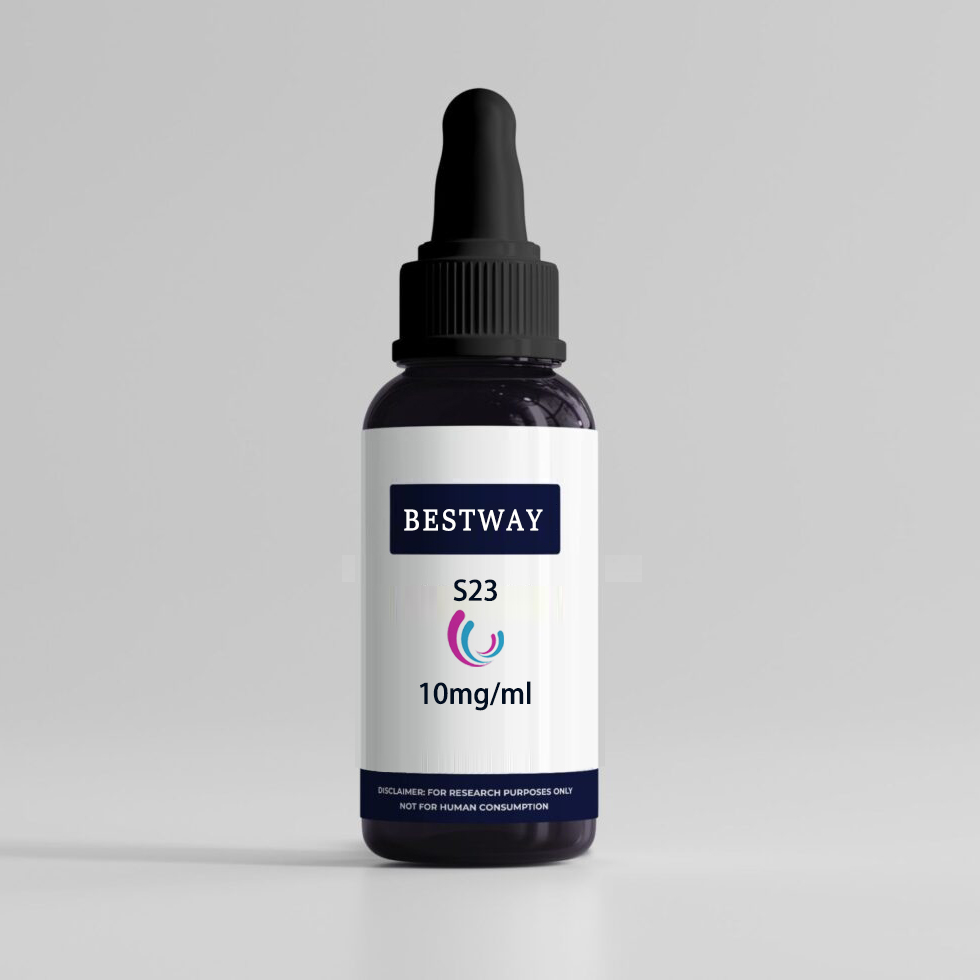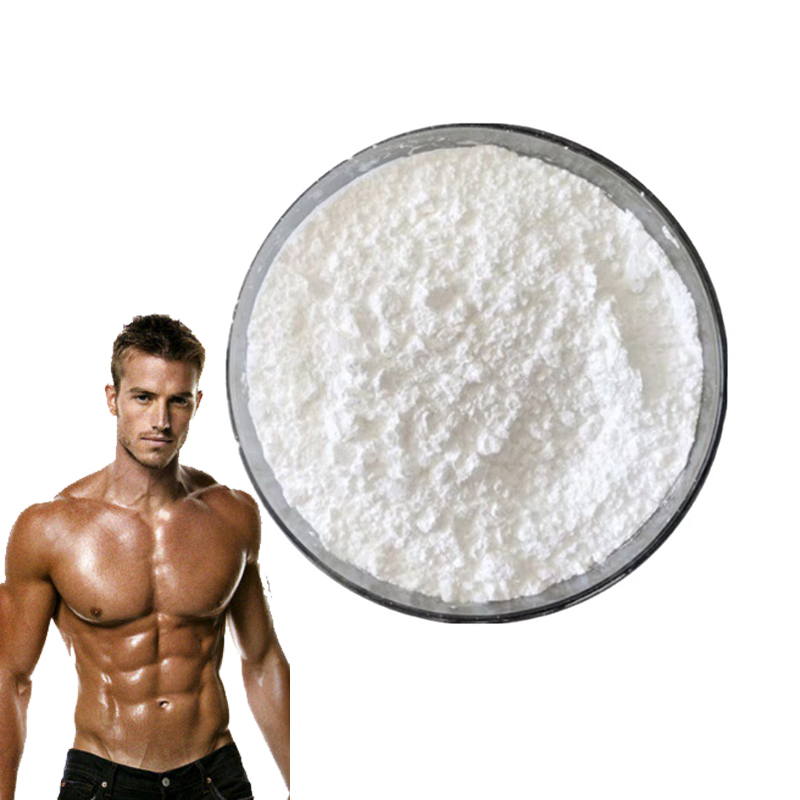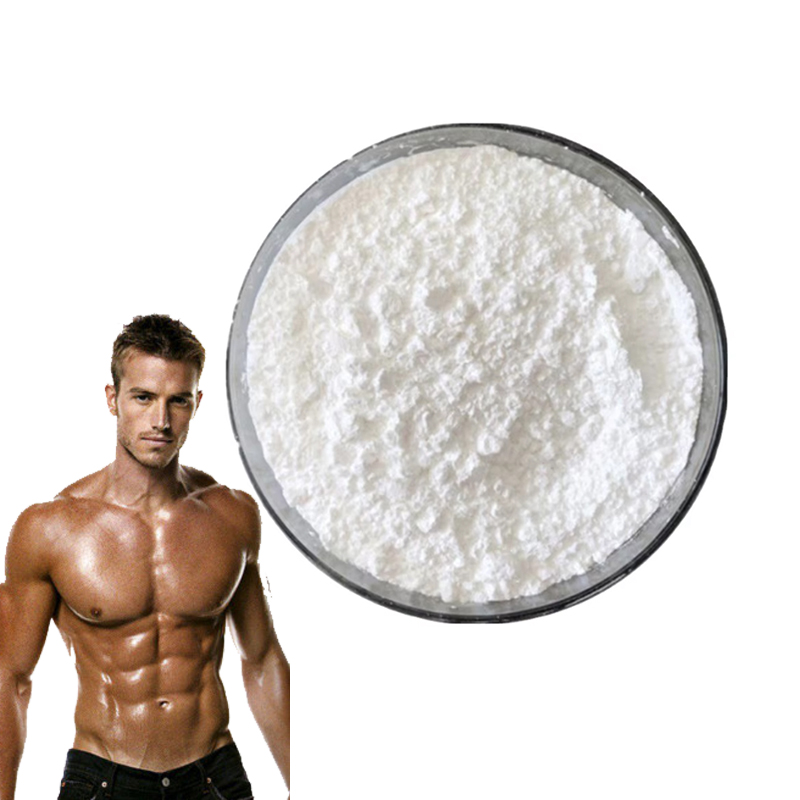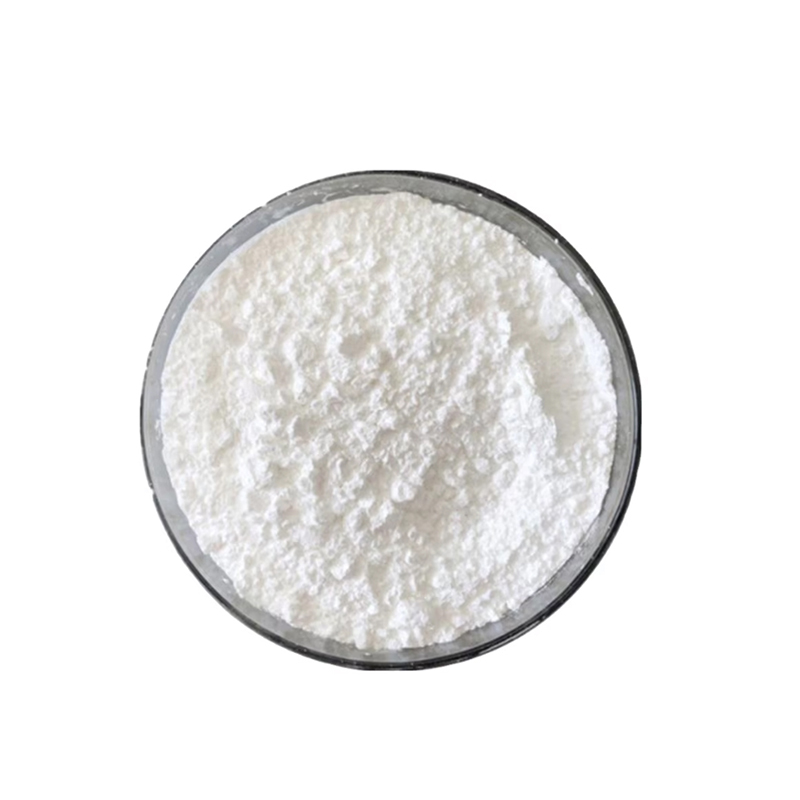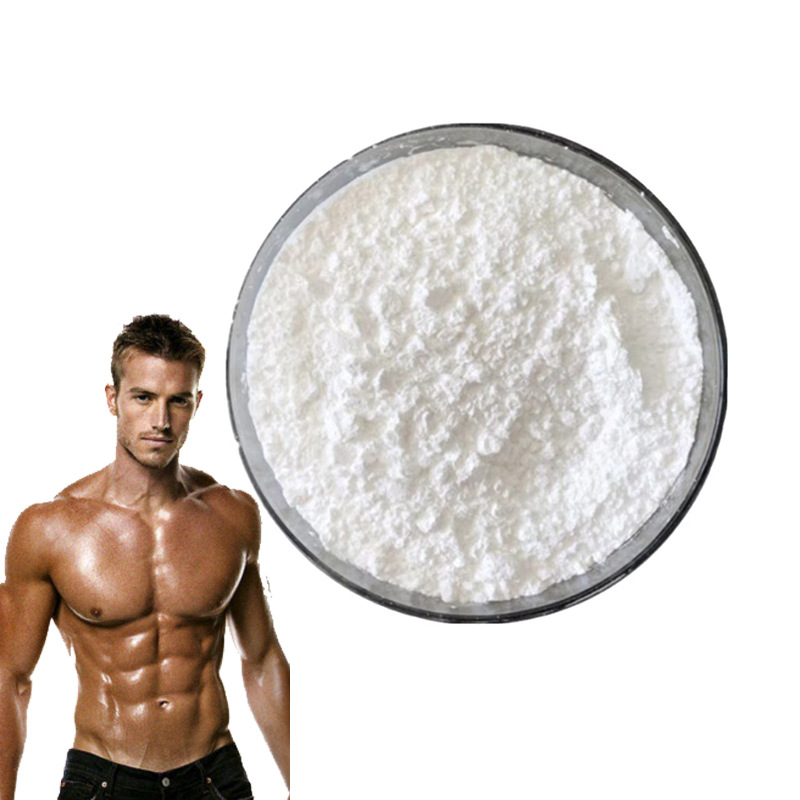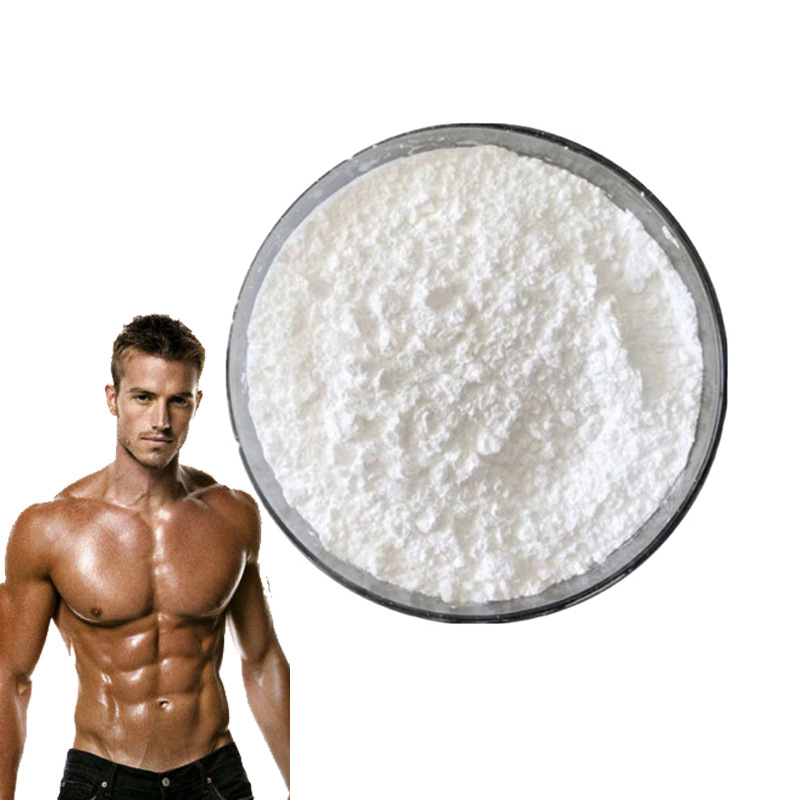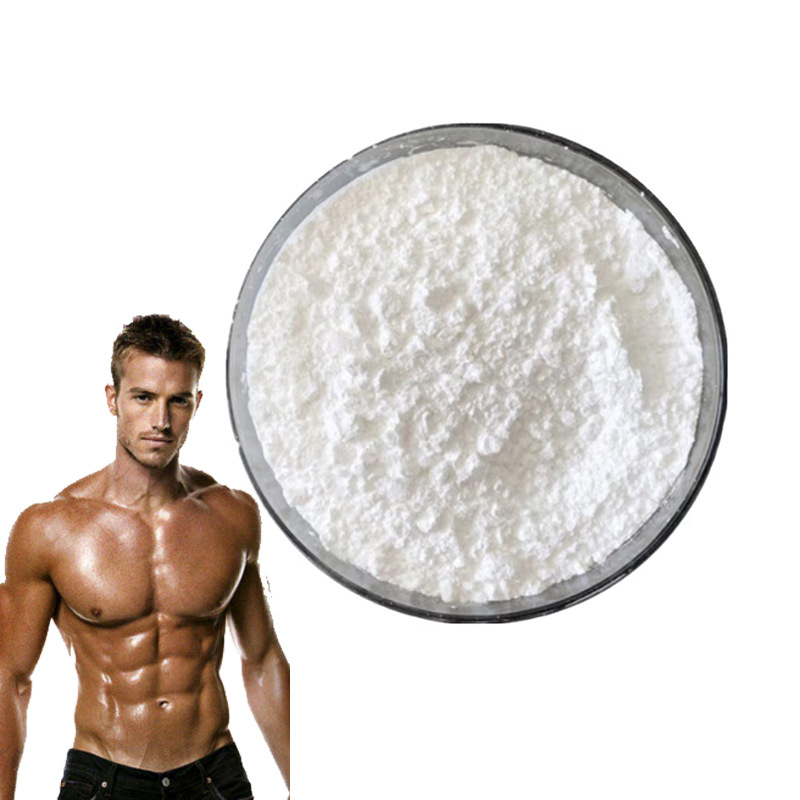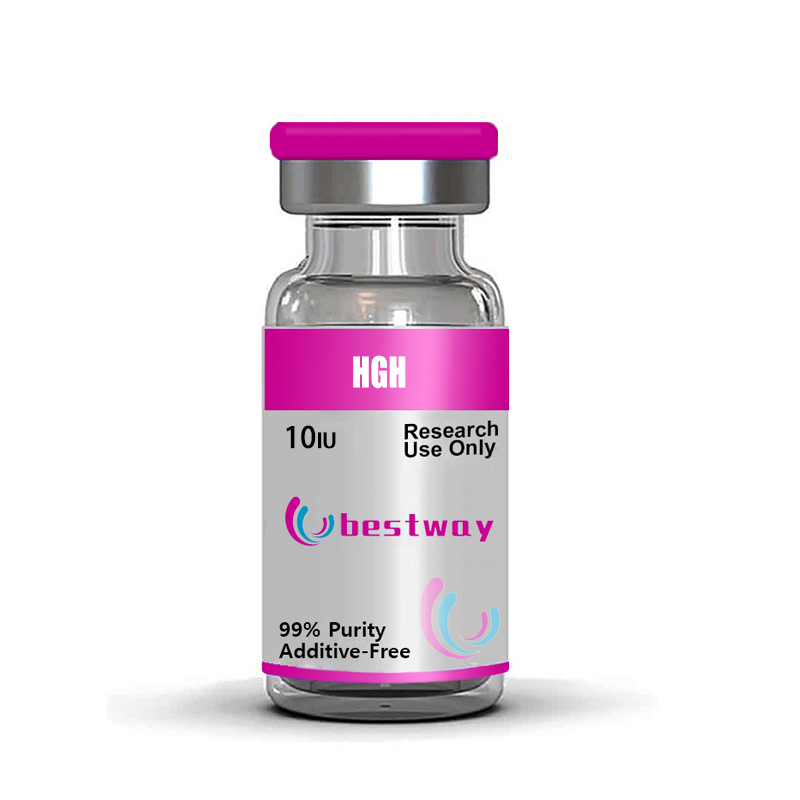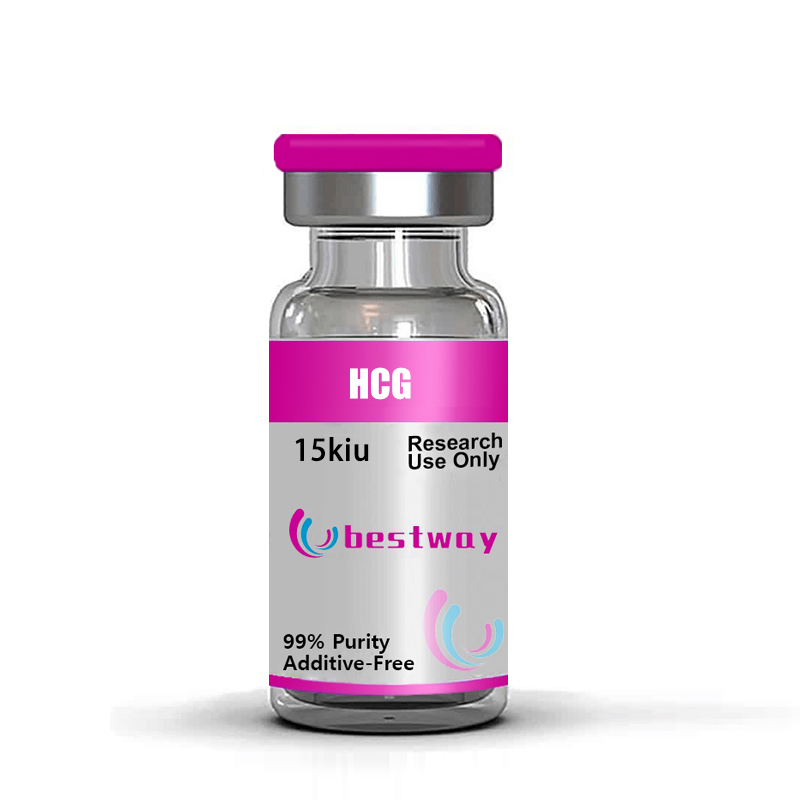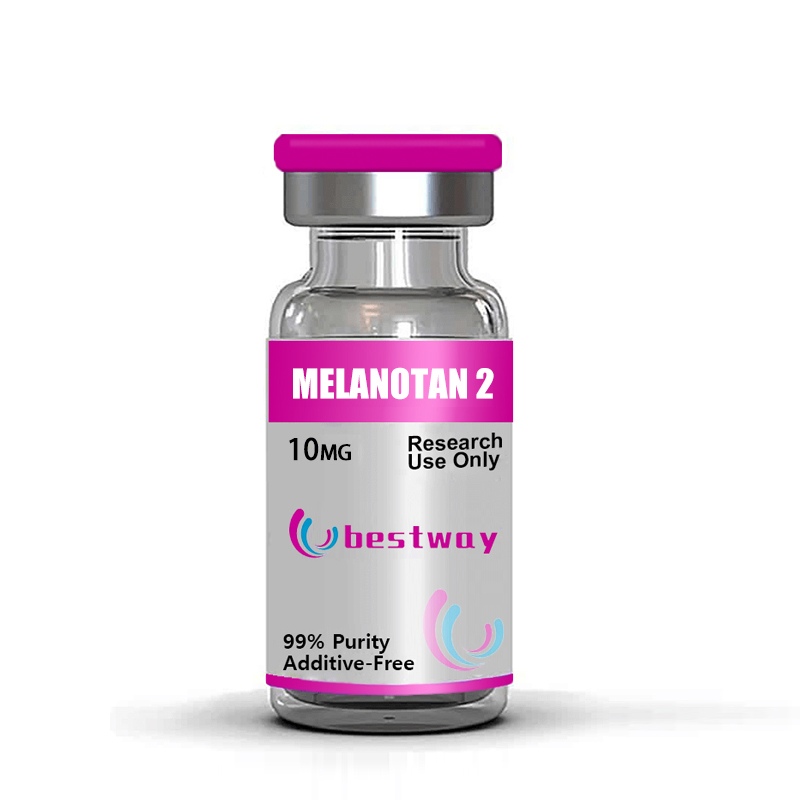KPV PEPTIDE AND INTESTINAL INFLAMMATION
KPV PEPTIDE AND GENERAL INFLAMMATION
However, the peptide exhibited lower potency in these trials than the total length alpha-MSH molecule, suggesting that KPV lacked crucial sequences of alpha-MSH necessary for complete antipyretic activity. Researchers explored various analogs of alpha-MSH to reduce inflammation in a broad spectrum of diseases such as fever, irritant, allergic contact dermatitis, vasculitis, fibrosis, arthritis, and inflammation of the eyes, brain, lungs, and gastrointestinal tract. The scientists reported that “This study indicates that KPV is transported into cells by PepT1 and might be a new [research] agent for IBD.” The apparent anti-inflammatory impact of KPV may differ from alpha-MSH only marginally. The parent molecule is suggested to be better at suppressing late inflammatory responses, indicating that it might be influencing immune modulation, which is separate from immediate inflammatory responses only marginally. Wound healing is a complex process that involves three general phases in the wound healing process: inflammatory, proliferative, and remodeling. Most of these cells involved in wound healing express a Melanocortin 1 receptor (MC1R) that binds alpha-melanocyte-stimulating hormone and analogs like KPV and KdPT. KVP peptide researchers found that the peptide appeared to reduce the inflammatory properties without inducing the pigmentation associated with natural scar formation in the study setting. KPV may have both anti-inflammatory and anti-microbial activities. It appears to inhibit the growth of both Candida albicans and Staphylococcus aureus and may prevent infection in the setting of severe wounds like burns.
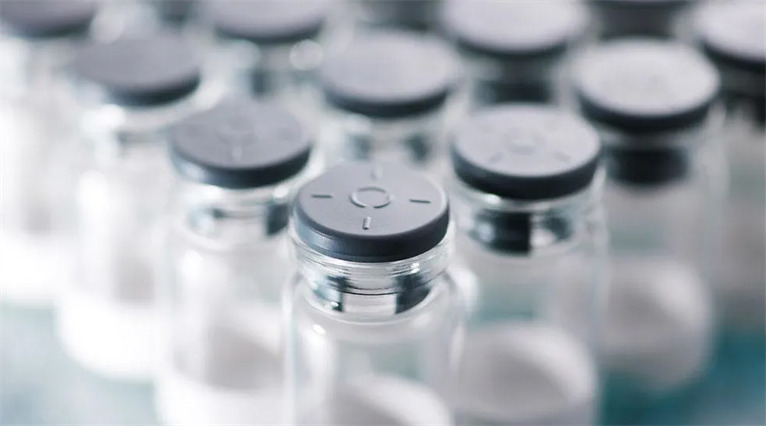
KPV PEPTIDE AND SCAR FORMATION


